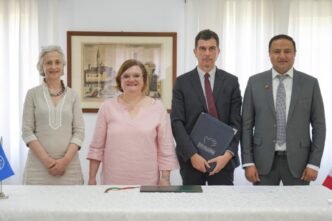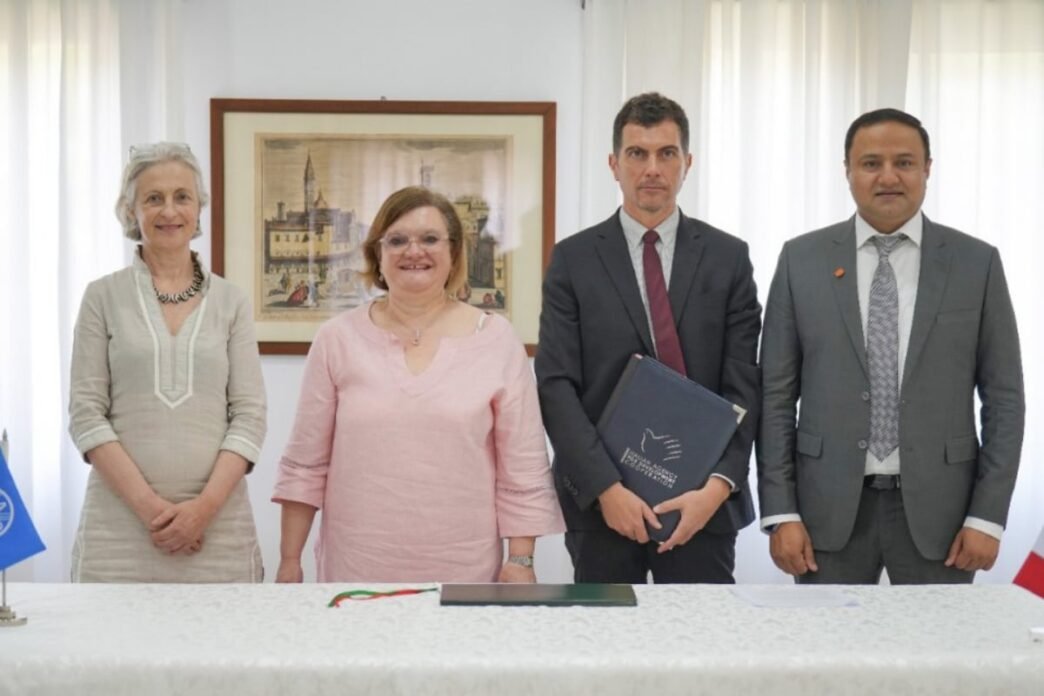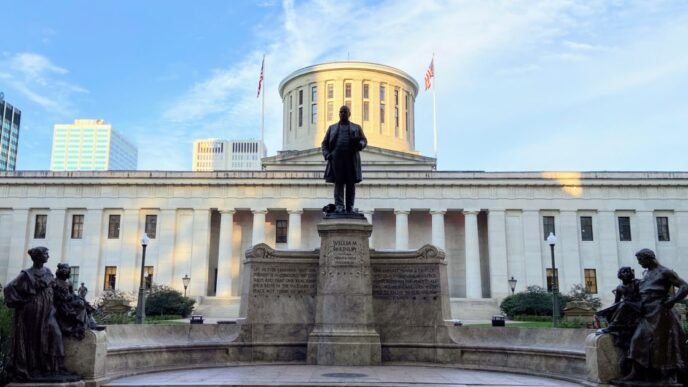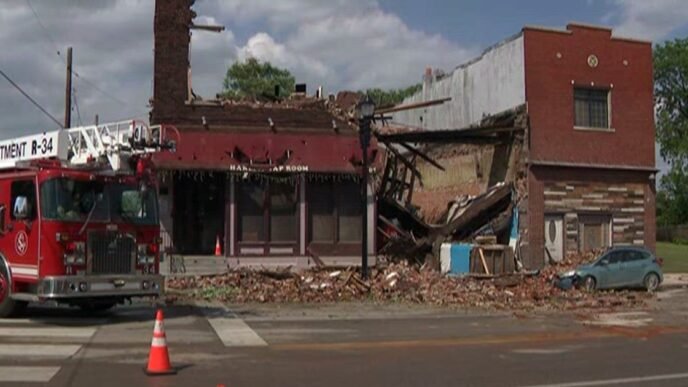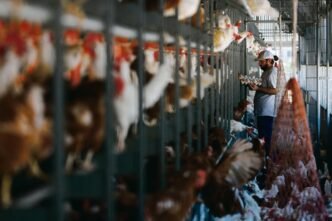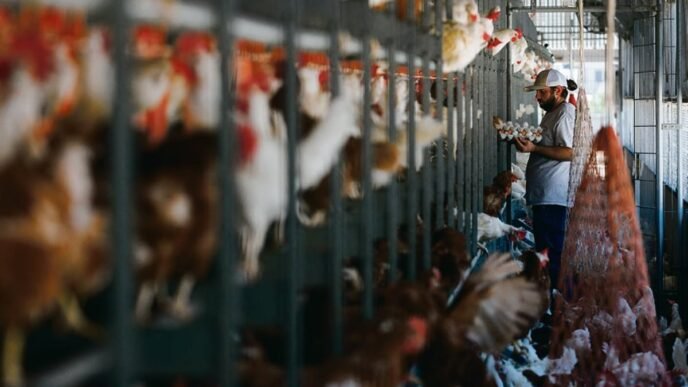Italian agency AICS funded RAFAA project to help Sindh tackle climate risks
Islamabad, May 17, 2025: A major climate resilience project has been officially launched in Sindh to help vulnerable communities better prepare for disasters like floods, droughts, and heatwaves. The €4 million initiative, called RAFAA (Resilience & Adaptation by Fostering Anticipatory Action), is a collaboration between the Food and Agriculture Organization (FAO) of the United Nations and international NGO CESVI. The Italian Agency for Development Cooperation (AICS) is funding the project.
The signing ceremony took place at the residence of Italy’s Ambassador to Pakistan, Her Excellency Marilina Armellin, with key representatives from FAO, CESVI, the Italian Embassy, and AICS in attendance.
The RAFAA project will run for three years and primarily focus on rural areas in Sindh, one of the provinces most affected by climate shocks. As part of its key goals, the plan includes setting up early warning systems, improving access to clean water, and supporting livelihoods that can better withstand the effects of climate change. In addition, it explores climate insurance options and aims to create anticipatory action plans that allow communities to respond effectively to potential disasters before they occur.
Moreover, Ambassador Armellin emphasized that the project not only supports Pakistan’s national goals for climate adaptation but also aligns with Italy’s broader development cooperation strategy to promote sustainable farming and social inclusion.
Meanwhile, FAO’s Representative in Pakistan, Ms. Florence Rolle, and CESVI’s Asia Regional Manager, Mr. Farhan A. Khan, jointly highlighted the urgency of proactive planning. They stressed: “In today’s world, where climate disasters are becoming more frequent and severe, taking action before a crisis hits is crucial. Therefore, we want to help communities—especially women and the most vulnerable—become more informed, better prepared, and more resilient.”
The RAFAA initiative builds on an earlier agreement signed by FAO and CESVI in Rome last year. That agreement outlined a shared focus on environmental recovery and supporting communities at the grassroots level.
To start, RAFAA will spend three months identifying three districts in Sindh that need the most support, using data on climate vulnerability, past flood impacts, and poverty levels.
The project will work hand-in-hand with local government departments and national climate authorities to ensure the solutions are effective, inclusive, and community-driven.
Pakistan emerged as second-largest market for Chinese solar products amid energy shift
ISLAMABAD: Pakistan has emerged as a significant new market for Chinese photovoltaic…
